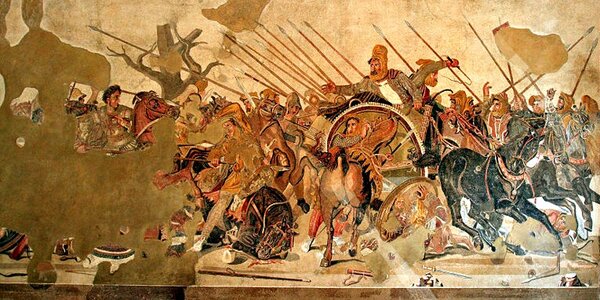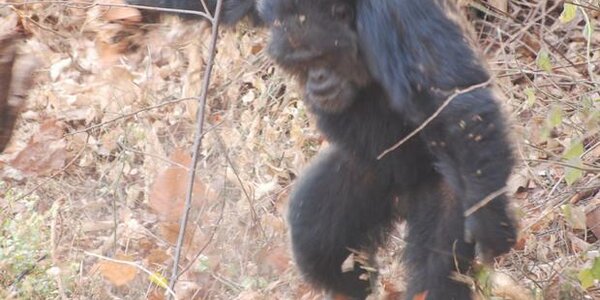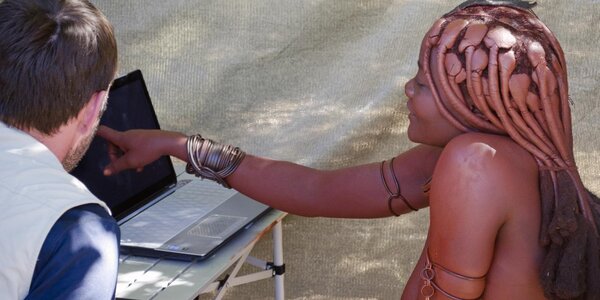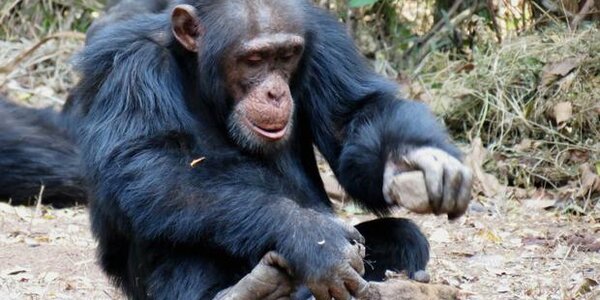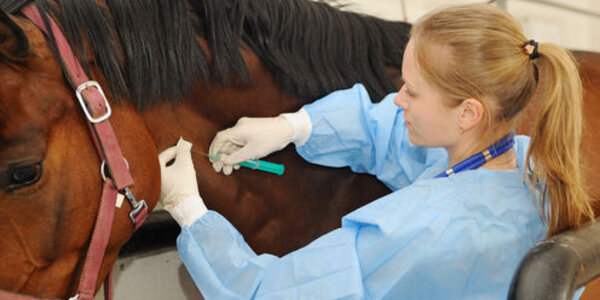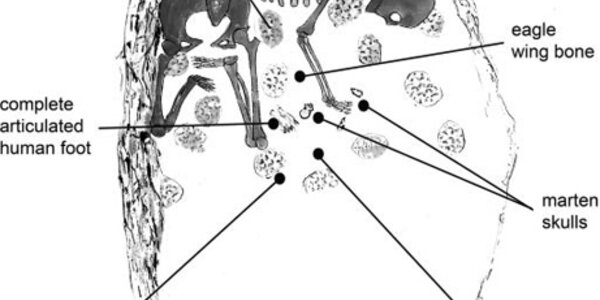Like Collaboration And Intelligence In Humans? Thank War
Necessity may be the mother of invention, at least if war is a necessity. And perhaps it is.
In the early days of humanity, survival was a combination of hardiness, keen engineering and intelligence - and nothing spurred on technological progress and vast social changes like the need to work together to kill other people, according to a new paper in Journal of the Royal Society Interface.
How humans evolved high intelligence, required for complex collaborative activities, despite the various costs of having a big brain has long puzzled evolutionary biologists. The human brain represents 2…
